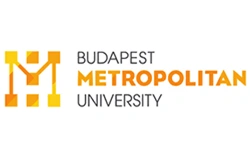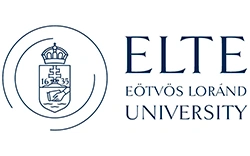Hungary - Study World-Class Education in Heart of Europe
About Hungary
Hungary, located in Central Europe, is a land of rich history, architectural beauty, and world-renowned academic excellence. It has become an increasingly attractive destination for international students due to its high-quality education, affordable tuition fees, and vibrant student life. Hungary is part of the European Higher Education Area (EHEA), ensuring international recognition of degrees and smooth academic mobility across Europe. The capital, Budapest, is one of the most beautiful and student-friendly cities in Europe.
Why Study in Hungary?
Hungary offers globally recognized degrees, particularly in medicine, engineering, IT, social sciences, and arts. Many universities offer programs in English, German, and French, making them accessible to international students. With relatively low living costs and numerous government-funded scholarships like the Stipendium Hungaricum, Hungary offers a cost-effective pathway to European education. A safe and culturally rich environment, excellent public transport, and opportunities to explore Central Europe further enrich the study experience.




